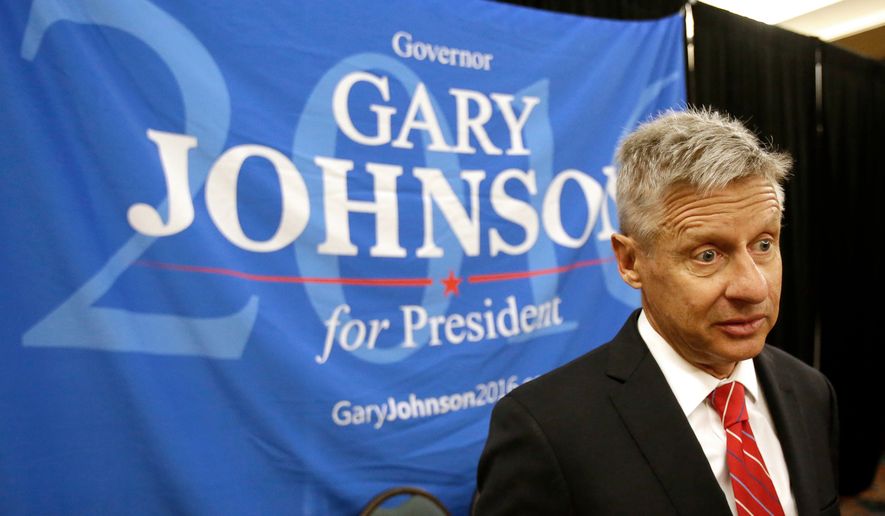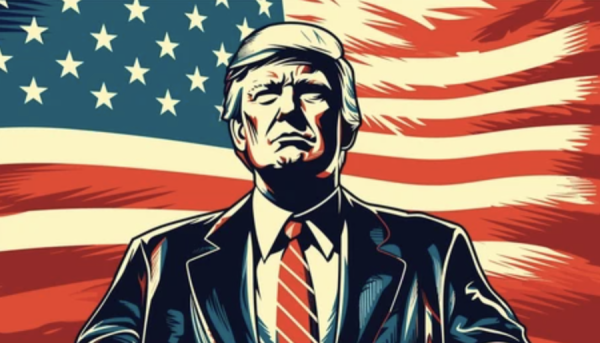The political role of third parties
Voters, faced with two unpopular major party candidates, are often forced to choose the “lesser of two evils.” The other option? Voting third party.
Today, the three largest third parties are the Libertarian Party, the Green Party and the Constitution Party. Historically, third party candidates have never won presidential office; this can be accounted for by the “winner-take-all” system. Regardless of the margin of victory, the candidate that wins the popular vote receives all the electoral votes from that state, while the runner-up does not gain representation. Another barrier third parties face is the lack of human and financial resources that both major parties possess.
Some argue that third parties are beneficial and serve a purpose; however, a majority of critics assert that voting third party is a “wasted vote.”
In the 2016 presidential election, third-party candidates took a solid percentage of the vote in several key swing states—a sign of American dissatisfaction with the two major presidential candidates. Support for third parties stems from the idea that candidates can shift national attention to specific issues since third parties often organize around and promote a single issue.
“People vote for third parties because they aren’t happy with their two options, or they’re very passionate about one particular issue,” Avi Dixit (12) said.
The downside, some believe, is that these protest votes take numbers away from major political party candidates, harming the outcome of elections. A third party could affect a state’s winner by gaining enough votes that would have otherwise been Democrat or Republican. For example, in the 2000 election, Green Party candidate Ralph Nader took votes away from Democrat Al Gore, a situation that many felt contributed to the victory of Republican George W. Bush.
“They’re more for people to put their specific interests in,” Sophie Wood (12) said. “But I don’t think they function well as political parties.”
Over the past few decades, major parties have been able to neutralize third party threats by adopting third-party views. Although it is unlikely that third parties will ever win the presidency, they can influence elections by forcing major parties to address critical issues.
Your donation will support the student journalists of White Station High School. Your contribution will allow us to purchase equipment and cover our annual website hosting costs.








































